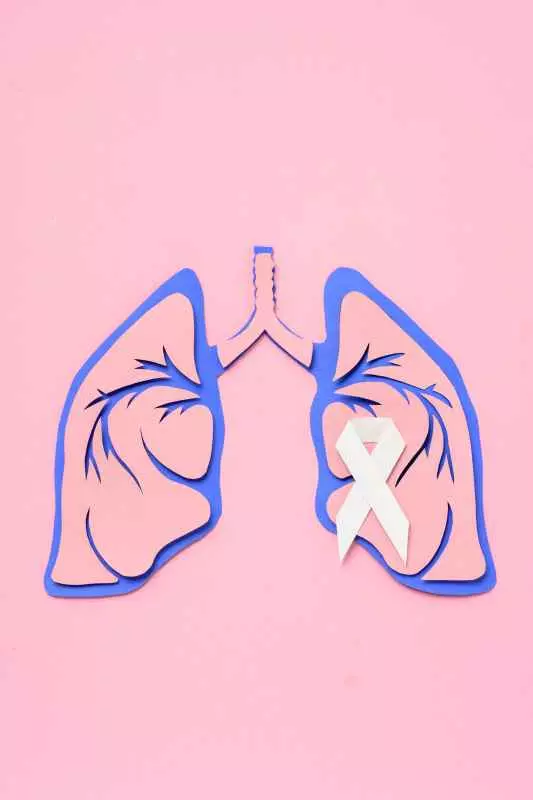Evolution of lung cancer outcomes in the UK
Evolution of lung cancer outcomes in the UK
Lung cancer is one of the most serious health challenges facing modern medicine. In the UK, where the incidence of the disease is significant, advances in treatment and diagnosis have brought hope to many patients. The past few decades have seen a significant evolution in lung cancer treatment outcomes, with a huge impact on patients' quality of life and chances of survival.
Modern diagnostic methods
A key element in the fight against lung cancer is early diagnosis. In the past, patients often came to the doctor at an advanced stage of the disease, which significantly limited the effectiveness of treatment. In recent years, modern imaging methods, such as CT scans and MRIs, have been introduced to detect cancer more quickly and accurately.

Our understanding of bio-markers and cancer genetics has also advanced significantly. Today, we are able to identify specific features of a tumor, enabling doctors to select the most appropriate treatment. These innovations have greatly increased the number of patients who can be diagnosed at earlier stages.
Advances in treatment
In recent years, many new drugs and therapies have been introduced in the treatment of lung cancer, changing the way the disease is treated. Traditional chemotherapy and radiation therapy are gaining new, more effective supportive treatments.
Immune therapies, which involve modifying a patient's immune system to better fight cancer cells, are also coming to the forefront of cancer treatment. The discovery and approval of checkpoint inhibitors, such as pembrolizumab, has revolutionized treatment approaches, providing new options for patients who previously had limited options.
Importance of clinical trials
Clinical trials play a key role in developing and bringing new therapies to market. In the UK, lung cancer research is attracting a lot of attention, and more and more patients have the opportunity to participate in these trials. This allows innovative therapies to be introduced and existing treatments to be optimized.
Patients participating in clinical trials often have access to novel therapies before they become generally available. It is important to understand that participation in clinical trials not only contributes to the advancement of medicine, but can also increase the chance of survival for patients.
Increasing awareness and prevention
Increasing awareness of lung cancer risk factors, such as smoking, air pollution and genetics, is helping to improve public health in the UK. Educational campaigns targeting the public aim to reduce the incidence by promoting healthy lifestyles and regular check-ups.
Through government initiatives and nonprofit organizations, information on the prevention and early signs of lung cancer is becoming more widely available to the general public. Education is key in the fight against the disease, and a reduction in the number of smokers and increased public health responsibility can contribute to lower rates of the disease.
The future of lung cancer treatment in the UK
Further advances in diagnostics and therapies are on the horizon, making the future of lung cancer treatment seem promising. Resources and investment in research for new therapies are increasing, giving hope for even more effective treatments.
Innovations such as gene therapy and personalized treatment could revolutionize the way patients are approached in the coming years. The development of new technologies and international collaborations make it possible to bring innovative solutions to clinical practices more quickly.
Summary
The UK has seen a significant evolution in lung cancer outcomes over the past few years. New diagnostics and therapies, as well as increased public awareness of prevention, are helping to improve the prognosis for patients. While the challenges remain formidable, modern approaches to lung cancer treatment put us on track to improve the quality of life for many people in the country.
"Lung cancer is no longer a death sentence - it is a disease that can be successfully managed, and where hopes for survival are becoming increasingly realistic," health experts conclude.
